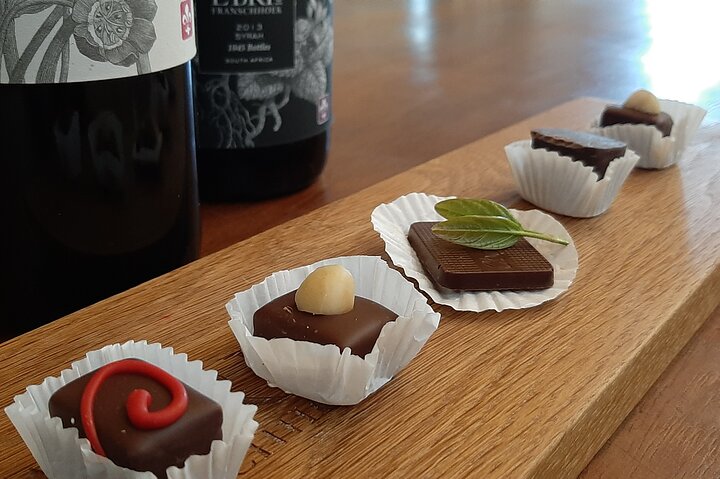
Nestled between the ocean and the mountains, the Western Cape in South Africa is a treasure trove of natural beauty, rich history, and vibrant culture. This region is home to Cape Town, a city that effortlessly blends urban sophistication with breathtaking landscapes. One of the must-do activities is exploring the iconic Cape of Good Hope, where you can witness the dramatic meeting of the Atlantic and Indian Oceans Cape Peninsula Tour. For those who love wildlife, a visit to the Boulders Beach Penguin Colony offers a unique opportunity to see endangered African penguins up close Penguin Tour. The Western Cape is also renowned for its world-class vineyards. Embark on a wine-tasting journey through the picturesque Stellenbosch, Franschhoek, and Paarl regions Wine Tasting. If you’re an adventure seeker, hiking up Lion’s Head will reward you with panoramic views of Cape Town and its surroundings Lion’s Head Hike. For a more relaxed experience, take a scenic drive along Chapman’s Peak, one of the most beautiful coastal roads in the world Chapman’s Peak Drive. The Western Cape is not just about natural beauty; it also offers rich cultural experiences. Join a local guide for a private tour of Cape Town’s vibrant neighborhoods and hidden gems Local Tour. Whether you’re a nature lover, a history buff, or a foodie, the Western Cape has something to offer everyone.
Nestled between the ocean and the mountains, the Western Cape in South Africa is a treasure trove of natural beauty, rich history, and vibrant culture. This region is home to Cape Town, a city that effortlessly blends urban sophistication with breathtaking landscapes. One of the must-do activities is exploring the iconic Cape of Good Hope, where you can witness the dramatic meeting of the Atlantic and Indian Oceans Cape Peninsula Tour. For those who love wildlife, a visit to the Boulders Beach Penguin Colony offers a unique opportunity to see endangered African penguins up close Penguin Tour. The Western Cape is also renowned for its world-class vineyards. Embark on a wine-tasting journey through the picturesque Stellenbosch, Franschhoek, and Paarl regions Wine Tasting. If you’re an adventure seeker, hiking up Lion’s Head will reward you with panoramic views of Cape Town and its surroundings Lion’s Head Hike. For a more relaxed experience, take a scenic drive along Chapman’s Peak, one of the most beautiful coastal roads in the world Chapman’s Peak Drive. The Western Cape is not just about natural beauty; it also offers rich cultural experiences. Join a local guide for a private tour of Cape Town’s vibrant neighborhoods and hidden gems Local Tour. Whether you’re a nature lover, a history buff, or a foodie, the Western Cape has something to offer everyone.



































































































